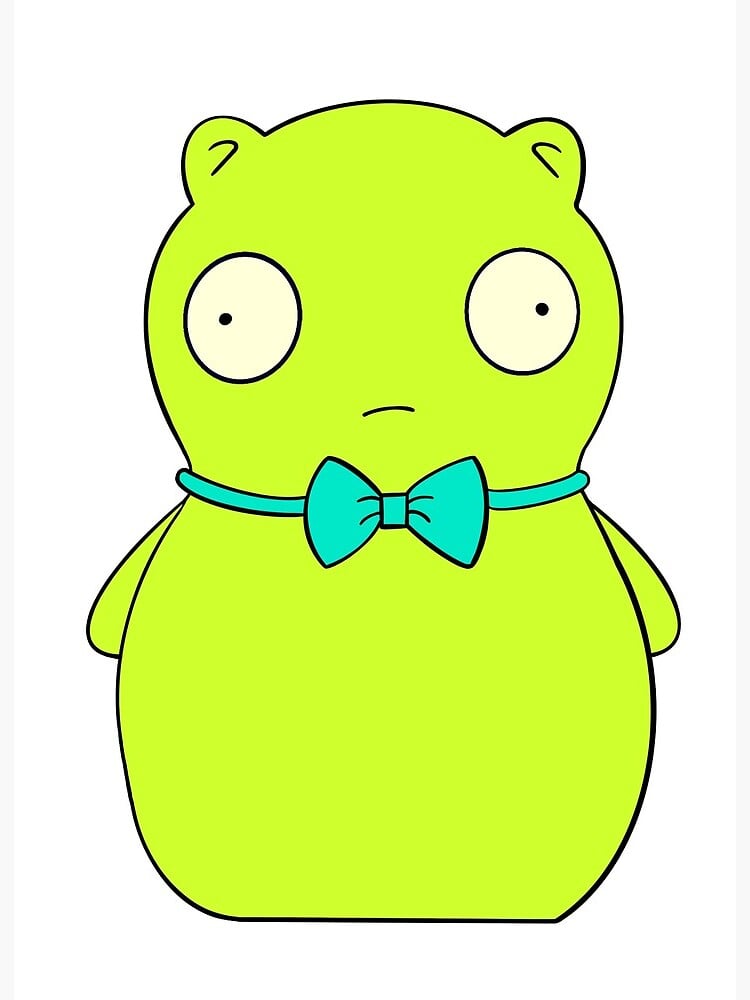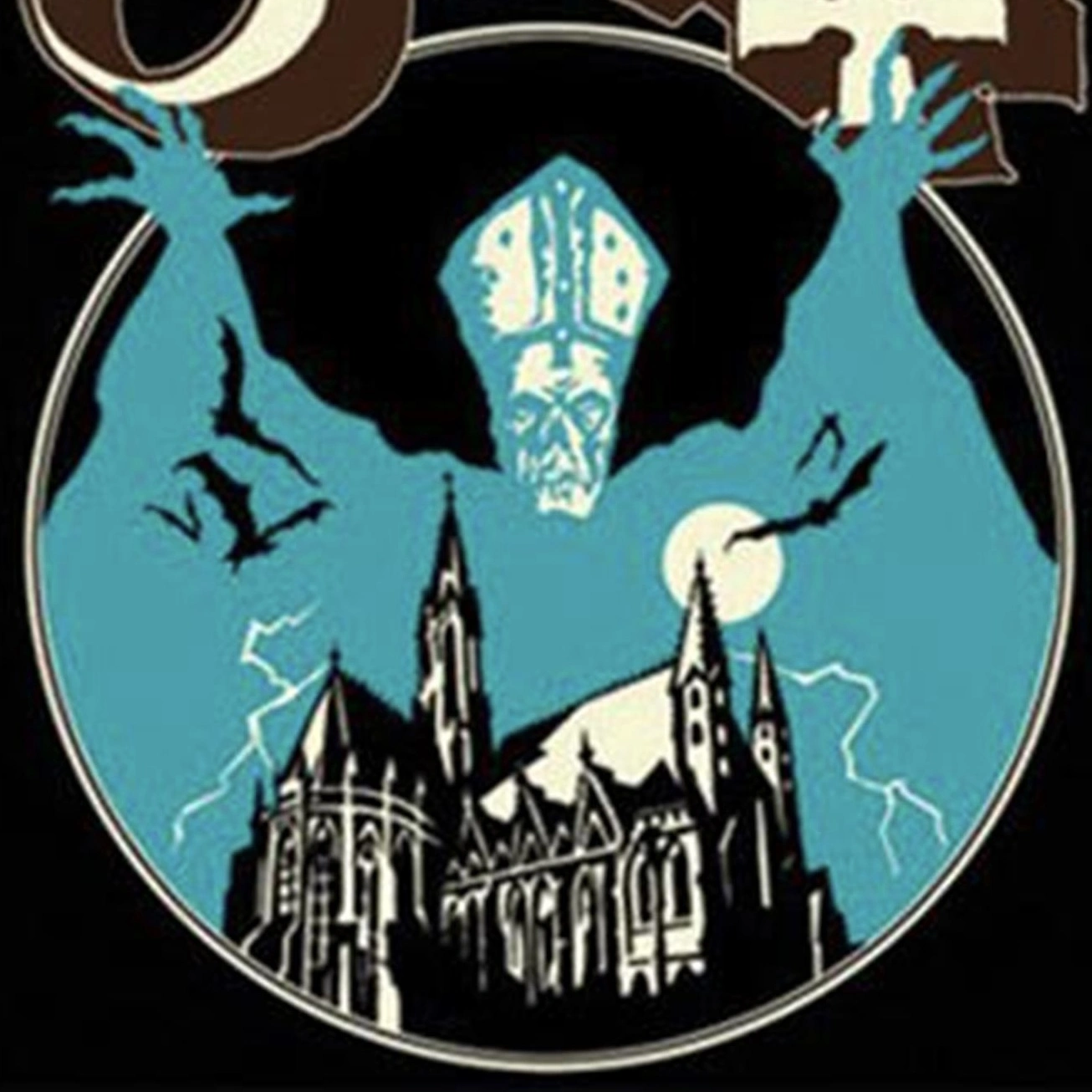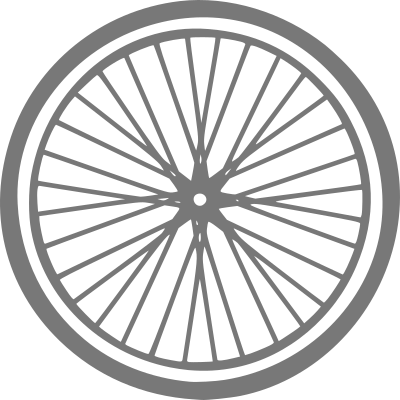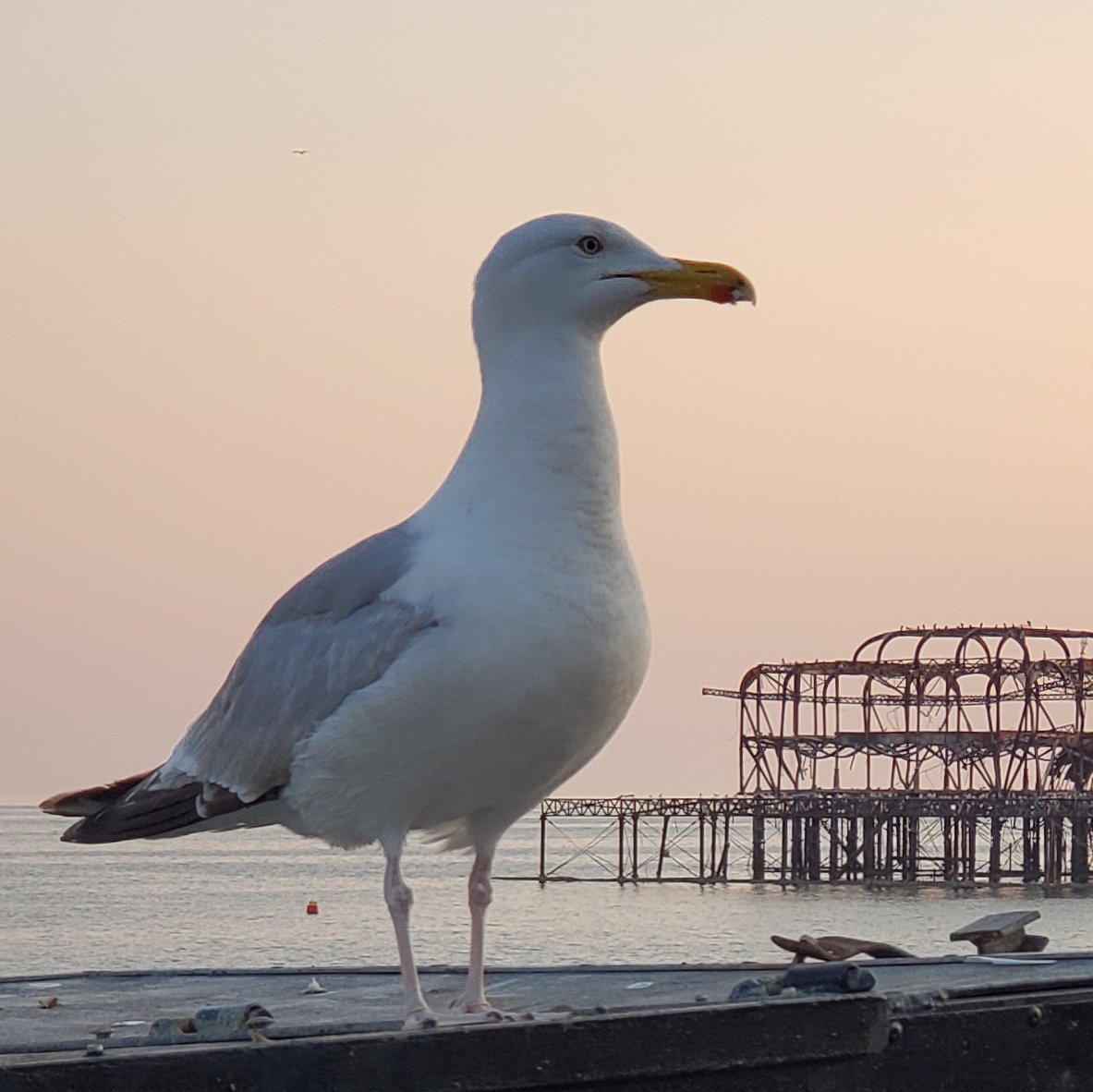I’ve been drinking for 7 years. Typicall I’ve only drank 3-4 drinks a year. If I stop drinking now, would that help decrease chances of cancer? If it does will it take a long time?
Don’t take this the wrong way, but if you’re worried about getting cancer from 3-4 drinks per year, it sounds like you might be dealing with a fair bit of anxiety.
Stress caused by anxiety is bad for your health and a possible cancer risk, and almost certainly worse for you than 3-4 drinks a year. I don’t want you to now be anxious about your anxiety, but this might be a good thing to focus on to improve your general quality of life (and possibly reduce your cancer risk in the process).
You could start by talking to a doctor or other medical professional about it, or try finding a therapist in your area. The therapist search on https://www.psychologytoday.com/ is a good place to look, or try an online service like Better Help.
[edit: corrected overstatement about stress being a major cancer risk]
Stress caused by anxiety is a major cancer risk, definitely much more so than 3-4 drinks a year.
Oh great, another thing to be anxious about. My anxiety is going so out of control it’s going meta now.
Have a drink and relax.
Joey: Monica. Relax. Go get a beer.
Monica: I don’t want a beer!
Joey: Who said it was for you?Joey: Monica. Relax. Go get a beer.
Monica: I don’t want a beer!
Joey: Who said it was for you?
Have you ever had chest pain because of anxiety…and then the chest pain itself gives you anxiety about having chest pain?? Lmao
How does anxiety cause cancer?
Cortisol, the “stress hormone”, has been shown to possibly accelerate cancer development.
deleted by creator
So if you have cancer, the important thing is not to be worried at all about the horrific illness and potential death that you’re facing. Simple…
Fair question, and looks like I overstated that link.
Chronic stress affects your immune system (via cortisol, long term inflammation) and that is no bueno for all sorts of health outcomes, including likely making it harder to fight off tumours.
But to my surprise, there doesn’t actually seem to be solid evidence of a causal link between stress and increased risk of developing cancer.
3-4 drinks per year won’t affect your cancer risk. Unless you’ve been drinking radium or something.
What if I’ve been drinking radium
That’s completely wrong. There’s no safe level of alcohol intake:
https://time.com/6248439/no-safe-amount-of-alcohol/
Edit: from the articles, in case you don’t have time to read them:
“We cannot talk about a so-called safe level of alcohol use. It doesn’t matter how much you drink—the risk to the drinker’s health starts from the first drop of any alcoholic beverage”
No safe level of sunlight by the same logic.
deleted by creator
Are you my coworker?
deleted by creator
I might!
Oh come on, you don’t have to drink. Drinking is a choice and an easily avoidable health risk.
deleted by creator
Which fallacy is the one where you cite a paper that doesn’t say what you claim it does?
-
The optimum level of sun exposure for vitamin D production does not mean that level is “safe.” You’re trading vitamin D for cancer risk. Your claim about alcohol didn’t make any cost / benefit analysis. It was only that there is no safe level. You paid no regard to how small the risks were, only that there was any risk.
-
You can get vitamin D from your diet or supplements. You can get skin cancer and retinal cancer from the sun.
-
deleted by creator
But the WHO didn’t write a report that breathing ages you (because it requires the passage of time), this risking age-related health problems and ultimate, inevitable death.
As a non-drinker who has seen the ravages of alcohol abuse in several loved ones, I completely understand the “no level is safe” guideline.
That said, 3-4 drinks per year is far below any measure of alcohol use that is seriously studied, where researchers look at drinking at the “amount per week” level. 3-4 drinks per year is essentially on the level of being a non-drinker.
Technically yes, but 3-4 drinks per year is such a small amount it’s going to make a negligible difference.
Yep, it’s like saying that drinking communion wine at church is a risky amount of alcohol.
Yeah, when everyone knows it’s really religion that’s cancerous.
deleted by creator
this is basically not understanding what “risk” means. if you have a 1% risk of developing cancer, and by doing something (ie drinking) you double relatively-wise that risk, it’s still only 2% of risk. would you stop drinking and enjoying alcohol and living a happier life for a mere 1%?
all the numbers I’m using are totally random, but it shows that saying “it increases the risk” although technically correct doesn’t mean shit and it’s just fearmongering and a basic inability of understanding information.
deleted by creator
An effect can be observable but still negligible in terms of the actual increase of risk.
deleted by creator
Change of risk for 3 drinks a year is unnoticeable. You can’t tell it from normal noise.
Removed by mod
Jesus, dude. You need a drink.
If you’ve been drinking 3-4 drinks a year for 7 years, you’d almost decrease your chances of cancer by drinking more lol
If you are referring to the J curve (that the lowest point is those who drink a little), it’s usually explained that those who don’t drink at all usually do so because of poor health.
I don’t drink because alcohol gives me bad heartburn and a headache long before I get drunk. Guess that does sorta count as being in poor health.
i dont drink because i mistook mine and my mothers bottle and in hers where beer. Still traumatised how disguisting it tasted
I hardly ever even drank a drop until I “discovered” alcohol at 26. Enjoyed it on and off for a few years and now only at 29, drinking gives me an instant headache and makes me feel like shit before I’m even drunk. I don’t get what happened, but it’s like any amount of drinking instantly gives me a mild hangover.
3-4 drinks a year is nothing, I have alcohol intolerance (stomach cancer risks) and I can probably drink that.
Maybe 3 or 4 drinks before lunch you may need to worry
You drink 3-4 time a year? It would change absolutely nothing for you stopping drinking. Getting cancer is a game of probability. Risk factors increase the probability (do not necessarily cause cancer). Your 4 drinks don’t change anything, don’t worry. Thing is different if you drink 3 drinks a day…
Probably but by a very very very very very small amount. So small it’s essentially no change at all.
Does that apply to the chance of developing cancer or only decreasing
Alcohol, similar to eating red meat, smoking, sunlight, smoked food, etc a cancer risk, but it does not always cause cancer. Given that you lifetime chance of developing cancer is around 50%, a 0.5% increased chance of cancer is fairly insignificant on an individual level (but from a public health standpoint it might be), but a 20% increase is.
A small amount of alcohol like this presents a fairly insignificant risk. There is no truly safe level, but you would have to drink a lot for a significantly increase in cancer risk. At that point you are at a far higher risk of other forms of poisoning. Even just drunkenness itself highly increase your risk of major falls, car crashes, even house fires. With alcohol, cancer is the least of it’s problems.
There are some large, easily avoidable cancer risks in daily life, like sunlight exposure, which can be prevented with sunscreen. Whenever you hear that “X causes cancer”, always find out how big the effect is, it could be almost insignificant like eating red meat, or a huge risk, like smoking or sunburns .
Actually, if you stop drinking you’ll eliminate the risk of getting cancer from alcohol. That’s a fact. Not drinking any alcohol is the only way to avoid getting cancer from it. Same is true for tobacco.
Now, there are many things that can give you cancer, from environmental factors to genetic ones. So, there are a lot of things not under your control that may still give you cancer.
But if you want to, at least, eliminate the ones you can control, not drinking alcohol and not smoking are two good candidates. There are others, related to your diet that you can control (some related to red meats, for example).
From all I’ve read, there’s no safe level of alcohol intake. So, I became a teetotaler a few years ago. It’s not that bad. There’s are lots of alternatives that still allow you to socialize in a group that’s drinking. If you have any questions, just ask.
Edit: regarding what you ask, the effects are immediate. Same for tobacco. The sooner you stop, the better for your body. Now, you don’t drink much, but if you did, you’ll lose tolerance for alcohol pretty quickly. I can no longer tolerate alcohol, and I don’t even like the smell of it anymore. It’s actually pretty curious.
I’m just a simple statistican, but I would be more worried about sun exposure, tap water quality, air quality, processed foods and occupational hazards (depending on job) over 3-4 drinks per year.
deleted by creator
That’s really not a lot of drinking. I guess technically, yes, it would decrease the risk but your risk is already really low at 3-4 servings of alcohol per year.
True enough, but you should try to not worry about cancer as much. Not saying don’t stop drinking; only good things can come out of not drinking alcohol, but stress and anxiety are also pretty bad for your health. If this is as bad as it looks, you might wanna talk to a professional.
Nope, no measurable effect.
Note that moderate intake of alcohol can be beneficial to health.
More than 100 prospective studies show an inverse association between light to moderate drinking and risk of heart attack, ischemic (clot-caused) stroke, peripheral vascular disease, sudden cardiac death, and death from all cardiovascular causes.
But if you’re only considering cancer, then as some of the other answers suggested, cutting alcohol intake to zero could reduce the risk of getting cancer, although the reduction is likely very small that’s neglectable.
The better conclusion is “people who drink in moderation have a decreased risk of cancer”, which is different. Causation is hard to prove, especially when we can only ethically do observational studies. It’s likely that people who drink in moderation are more likely to make healthy choices in other areas of their life or have other factors that reduce risk.
You already have cancer from the one drop of alcohol you drank 7 years ago










